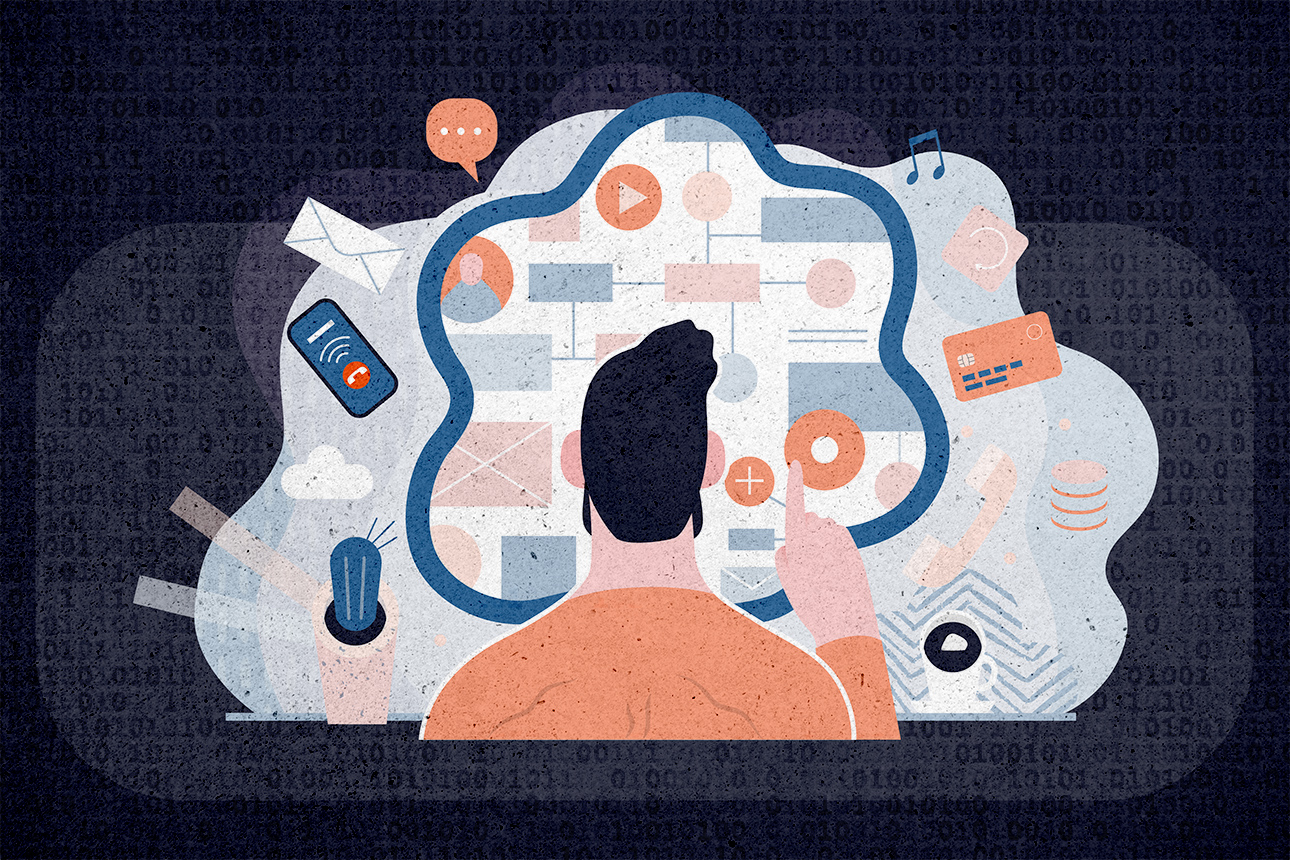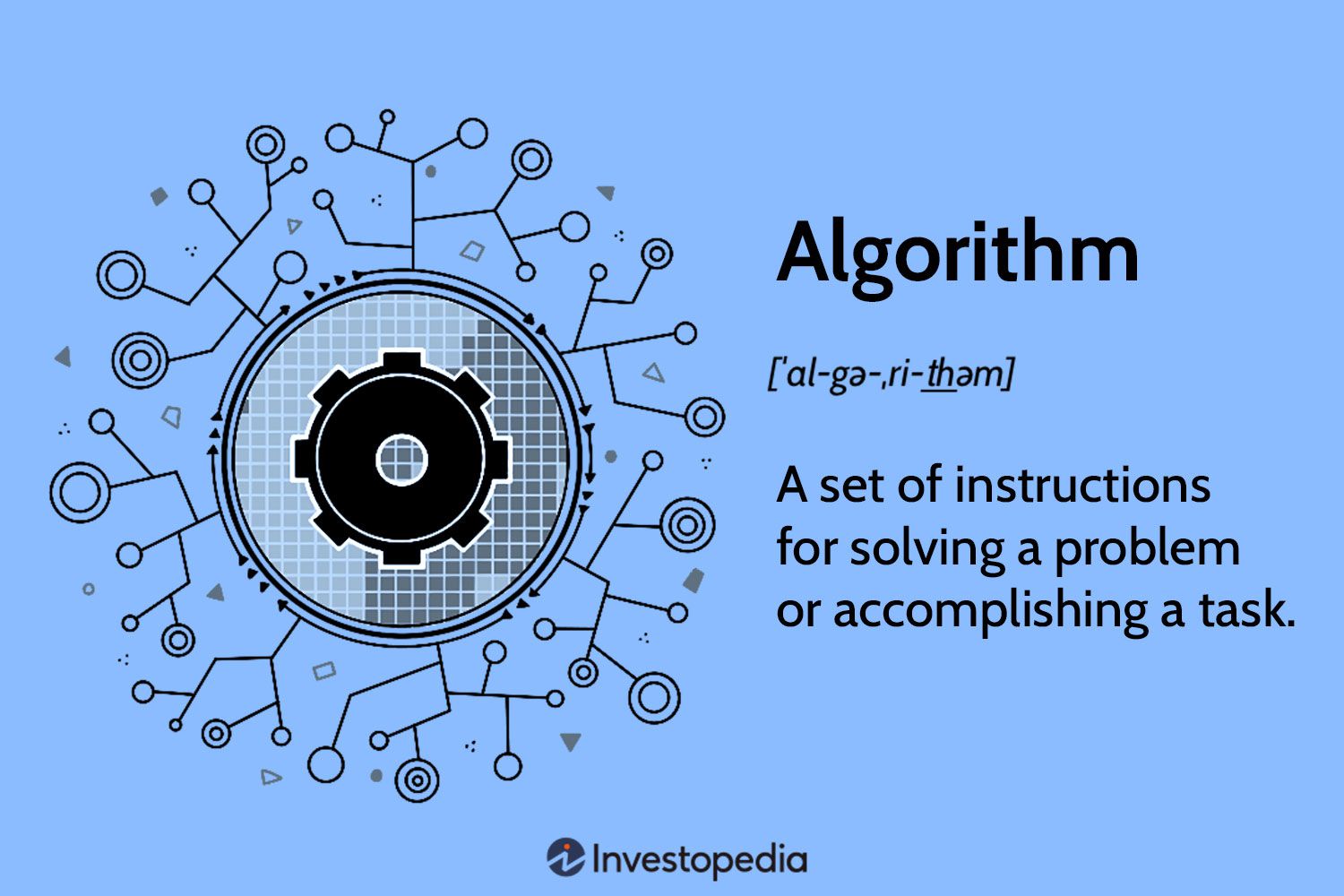
The Dark Side of Personalisation: How Tech Giants are Using Your Data
As I sat sipping my morning coffee, I couldn’t help but feel a sense of unease as I scrolled through my social media feed. Every ad seemed to be tailored to my interests, every recommendation was spot on. It was as if the algorithms had a crystal ball into my very soul. But at what cost?
‘We process your data to deliver content or advertisements and measure the delivery of such content or advertisements to extract insights about our website.’ - Microsoft’s Privacy Statement
 The Microsoft logo, a symbol of innovation and technological advancement
The Microsoft logo, a symbol of innovation and technological advancement
I began to wonder, how do these tech giants know so much about me? The answer lies in the world of cookies and data processing. Microsoft, in particular, has been at the forefront of this technology, using cookies to store and access information such as unique IDs to deliver, maintain and improve their services and ads.
But what exactly are cookies, and how do they work? In simple terms, cookies are small text files that are stored on your device by a website. They allow the website to remember your preferences, login details, and other information that you may have provided. Sounds harmless, right? Wrong.
The truth is, cookies can be used to track your browsing history, build a profile of your interests, and even share this information with third-party vendors. It’s a practice known as ‘data profiling,’ and it’s big business.
A representation of data profiling
But don’t just take my word for it. Microsoft’s own Privacy Statement reveals that they share this information with their partners on the basis of consent and legitimate interest. And if you think you can opt-out, think again. The options are often buried deep within the website’s settings, and even then, it’s not always clear what you’re agreeing to.
So, what can you do to protect yourself? The first step is to be aware of the cookies that are being used on the websites you visit. Look for the ‘Manage preferences’ option, and take the time to review your options. You may also want to consider using a cookie blocker or a VPN to mask your browsing history.
 A cookie blocker in action
A cookie blocker in action
But the real question is, should we be relying on individuals to protect themselves, or should the tech giants be taking more responsibility for our data? It’s a debate that’s been raging for years, and one that shows no signs of slowing down.
As I finished writing this article, I couldn’t help but feel a sense of unease. The world of data processing is complex, and it’s easy to get lost in the jargon. But one thing is clear: our data is valuable, and it’s time we started taking control of it.
 The importance of data protection
The importance of data protection
So, the next time you see a targeted ad or a recommended product, remember: there’s a team of algorithms working behind the scenes to deliver that content. And who knows, maybe one day we’ll have a crystal ball into their souls too.
 The mysterious world of algorithms
The mysterious world of algorithms











